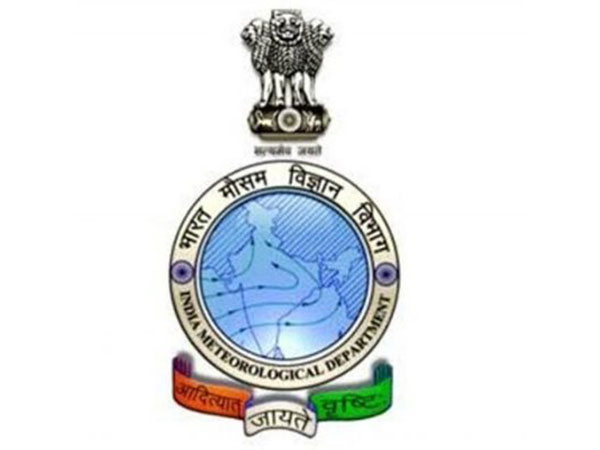IMD using AI, machine learning for weather forecasts, says DG Mrutyunjay Mohapatra
The India Meteorological Department (IMD) has started using artificial intelligence (AI) and machine learning in weather forecasts and it will expand it further into other areas to improve forecasts in coming years, IMD's director general Dr Mrutyunjay Mohapatra said.

- Country:
- India
The India Meteorological Department (IMD) has started using artificial intelligence (AI) and machine learning in weather forecasts and it will expand it further into other areas to improve forecasts in coming years, IMD's director general Dr Mrutyunjay Mohapatra said. While speaking to ANI, the IMD DG Mohapatra said that that a dedicated expert team has been formed within the IMD and the Ministry of Earth Sciences (MoES) to spearhead the development of this AI-based tool. Additionally, collaborations have been established with esteemed institutes such as the Indian Institutes of Technology (IITs) and Indian Institutes of Information Technology (IIITs) to harness their expertise in AI and machine learning.
"IMD is working on development of AI-based tool for weather forecasts. For this purpose, an team of experts has been formed in IMD and also in MoES. Further IMD is also collaborating with different institutions like IIT, etc for development of AI based tools," the IMD DG said, while adding that "IMD have started using AI tool marginally, but it will expand in 2-3 years." The initiative by the weather department will help in improving the forecasting methods, providing more precise and timely weather forecasts to the country, said experts.
According to experts, one of the key advantages of AI and machine learning in weather forecasting lies in their ability to process large volumes of historical weather data and real-time observations. By discerning patterns and correlations within this data, predictive models can be developed to forecast weather phenomena with greater precision, including cyclones, monsoons, and other extreme weather events, they pointed out. (ANI)
(This story has not been edited by Devdiscourse staff and is auto-generated from a syndicated feed.)










